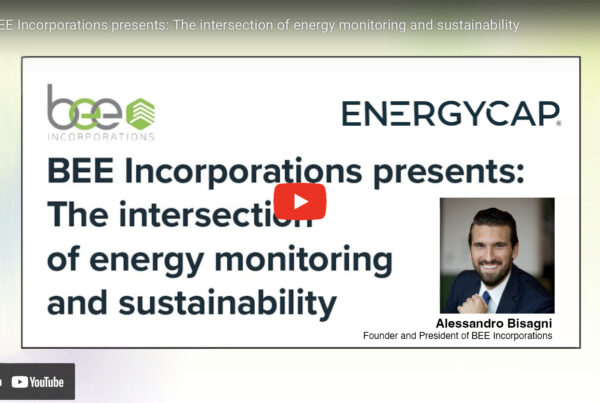Today we’re rounding up the recent news on solar panels over the past few weeks—mostly optimistic ones. It’s certainly high time that these breakthroughs in solar panels come in, considering the threats of global warming, caused no less by our overdue dependence on fossil fuels.
Solar Panels from Trees
First up is the impressive joint research of Georgia Tech and Purdue University on making solar panels from trees. If this succeeds, this will definitely revolutionize the photovoltaic industry which has traditionally relied on rare earth metals for the manufacture of solar panels—one major reason why they don’t come in cheap. Making solar panels out of trees is also just fitting since in the first place the process by which photovoltaic cells harness the sun’s energy is generally based on plants’ photosynthesis.
The new research not only renders solar cells organic and renewable, but also makes them completely disposable in tap water. Traditional solar cells meanwhile end up in landfills at the end of their life cycle, especially if no one is willing to retrieve them and separate the various toxic metals.
Solar Panels Finally Make Up for their Embodied Energy
Stanford researchers have just published their positive findings regarding the net energy produced by photovoltaic cells.
Solar panels generally come with high creation costs, especially embodied energy, which ironically comes from fossil fuels. Case in point: silicon, a major component of PVs, requires 3,000 degrees Fahrenheit to melt in power plants. Despite all the good intentions of solar panels, the truth is they’re not always flawlessly green.
The recent Standford study however declares that solar panels are finally earning back and actually surpassing the energy used to manufacture them. By 2020, or even as early as 2015, the global photovoltaic industry will be able to recoup its high embodied energy in terms of power output. Hopefully, by then, about 10{e3829ec1db02d54faaf9fa2de0d48db26af01d7a7944a63c3b26976124791cab} of the world’s electricity will come from solar energy.
Read more about this at http://news.stanford.edu/news/2013/april/pv-net-energy-040213.html
Finally, a Lesson from Germany
An article from Slate magazine points out the very efficient way in which the German government and its people have been managing solar energy—all thanks to their Erneuerbare Energien Gesetz Law (or EEG) enacted back in 1991, which gives priority to renewable energy sources, in particular solar energy.
This is why solar panels are such a common sight in all of Germany, even in the homes of regular folks. Whatever surplus energy is produced gets sold to the national grid, competing with electricity that is produced by power plants. Naturally, this upends the balance of power traditionally held by electric companies. Because more and more people are installing PVs on their roofs, the surplus energy is enough to drive the cost of electricity down.
With declining cost of PVs themselves, everyone can take advantage of solar energy. The average folk produces more power than he/she consumes, the environment benefits from non-polluting , renewable energy, and in turn private companies are encouraged to do more research to improve PVs. All because of one game-changing law.











If you want to make your own solar power to capture the energy for heating its easy to do if you can find a solar collector, which is anything that attracts the heat from the sun in a concentrated amount, such as glass or clear plastic. Getting into your car that has sat out in the hot sun all day long can be extremely hot and you have to roll down your windows to cool it off inside. That is because the glass has attracted the sun and the objects in your car, including your seats, have trapped the heat not allowing it to escape. When you roll your windows down you are allowing the heat to escape causing your car to cool down. The same thing is true about greenhouses. The glass or clear plastic can attract the sun and not allow it to escape causing the greenhouse to maintain the heat for the plants to grow effectively.: